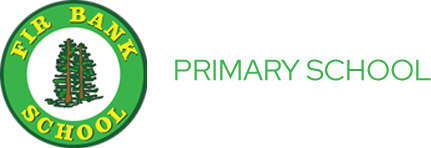Religious Education
Intent
One of the aims and purposes of RE at Fir Bank School is to help create greater community cohesion and respect for all. RE should provoke challenging questions in a safe and nurturing environment. It should develop pupil’s knowledge and understanding of Christianity, other principal religions and non-religious worldviews. There should be time within RE for pupils to reflect upon their own spiritual development whilst acknowledging the influence of religion in the local, national and wider global community. At Fir Bank, RE should prepare children for life as citizens in a global society. It should also develop respect and understanding for people whose faith and beliefs may be different from their own. Finally, RE should develop pupil’s skills in enquiry and response through the use of effective questioning and empathy.
Implementation
At Fir Bank we follow the Oldham Agreed Syllabus for teaching RE. During each Key Stage pupils are taught knowledge, skills and understanding through learning about Christians, Muslims, Hindus, Jewish and Humanist people under three headings ‘making sense of beliefs’, understanding the impact’ and ‘making connections.’
Each unit of work identifies prior learning and shows how this is built upon. RE is taught in a block unit within a term to allow suitable links to be made to specific religious festivals taking place.
Impact
Children will make at least good progress from their last point of statutory assessment or from their starting point in Nursery.
Children are able to review their successes in achieving the lesson objectives and are actively encouraged to identify their own areas of development.
As children progress throughout school, they develop a deep knowledge, understanding and appreciation of their local area, its people and religious beliefs.
We measure the impact of our curriculum through the following methods;
Learning walks and professional dialogue with teachers.
- Accessing children’s understanding of vocabulary before and after the ‘knowledge and skills’ have been taught.
- Images and videos of the children’s practical learning (books/ class floor book/displays)
- Interviewing children about their learning (pupil voice).
- Moderation staff meetings where pupil’s books/ class floor book are scrutinised and there is an opportunity for dialogue between teachers and to discuss the learning and teaching in their class.

OUR SOCIAL WALL